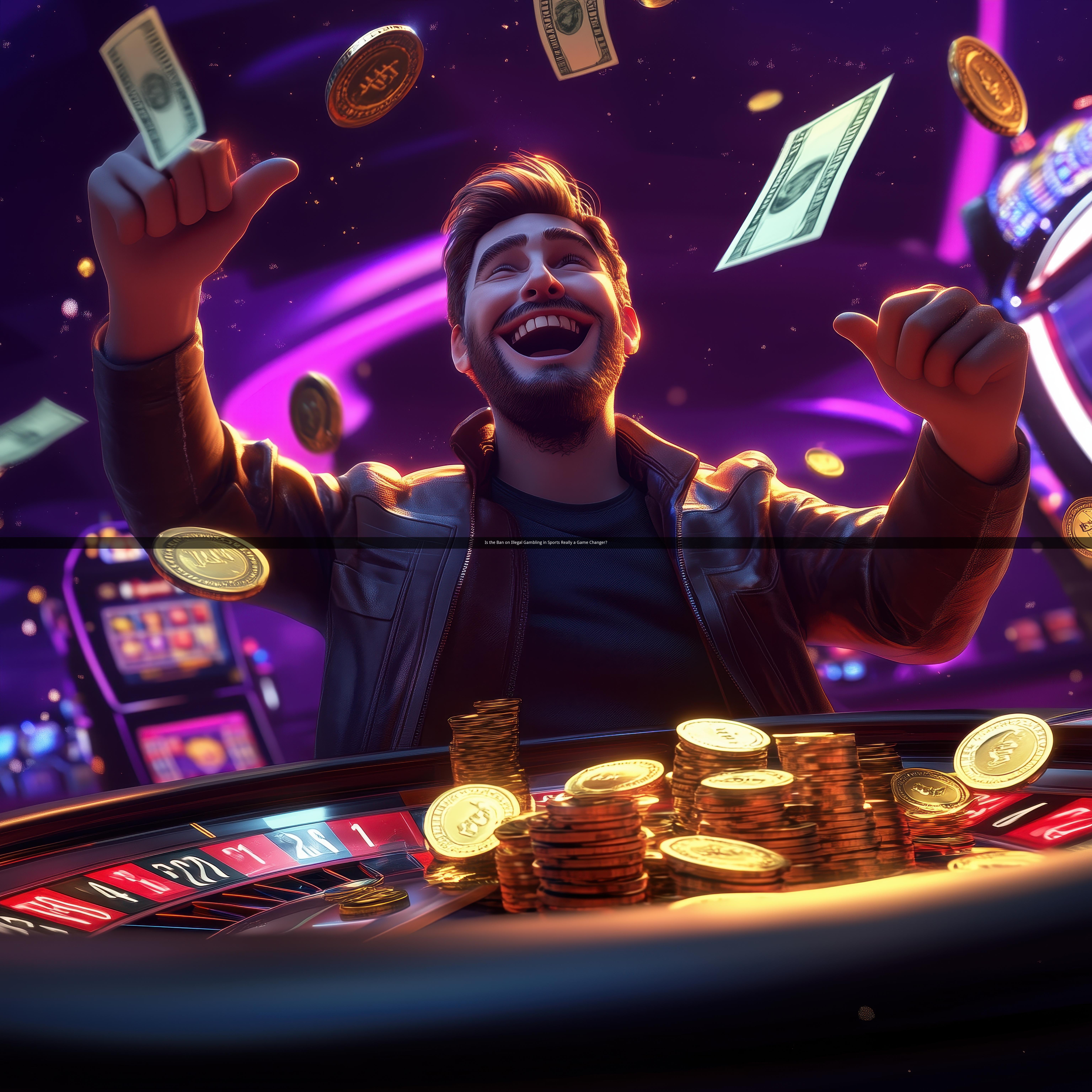
Table of Contents:
1. The Rising Trend of Illegal Gambling in Sports
2. The Legal and Ethical Implications
3. The Impact on Professional Athletes
4. The Role of Technology in Curbing Illegal Gambling
5. A Case Study: The NFL's Battle Against Illegal Betting
6. The Public's Perception and the Need for Education
7. The Economic Consequences of Illegal Gambling
8. The Future of Legal and Illegal Gambling in Sports
---
1. The Rising Trend of Illegal Gambling in Sports
In recent years, the landscape of sports has seen a surge in illegal gambling activities. As fans become more engaged with their favorite teams and athletes, the allure of placing bets on games has grown exponentially. This rise has sparked a heated debate: Is it really illegal for players to gamble on games, and if so, why?
2. The Legal and Ethical Implications
The legality of gambling on sports is a complex issue that often hinges on the jurisdiction in which the betting occurs. While some countries have stringent laws against gambling, others have embraced the industry and regulate it closely. Ethically, the debate centers around the potential for corruption and the impact on the integrity of the sport.
3. The Impact on Professional Athletes
Athletes who engage in illegal gambling on games often face severe consequences. Not only do they risk their reputation, but they also risk their career and personal relationships. This has led to a growing number of athletes speaking out against the practice, advocating for stricter regulations and more support for those who may have fallen victim to the temptation.
4. The Role of Technology in Curbing Illegal Gambling
Technology has both fueled and helped to combat illegal gambling. On one hand, advancements in online betting platforms have made it easier for individuals to place bets without the need for a physical location. On the other hand, technological tools such as geolocation services and anti-money laundering software have been employed to detect and prevent illegal gambling activities.
5. A Case Study: The NFL's Battle Against Illegal Betting
The National Football League (NFL) has been at the forefront of the battle against illegal betting. The league has implemented a range of measures, including working with law enforcement agencies, conducting background checks on players, and providing education on the risks of gambling. Despite these efforts, the challenge remains significant, with illegal betting operations continuing to find ways to operate.
6. The Public's Perception and the Need for Education
Public perception of illegal gambling in sports is mixed. While some view it as a harmless form of entertainment, others recognize the potential dangers. Education plays a crucial role in shaping this perception. By informing the public about the risks and consequences of illegal gambling, authorities can help prevent individuals from engaging in such activities.
7. The Economic Consequences of Illegal Gambling
Illegal gambling has a significant economic impact. It can lead to financial losses for individuals, as well as for governments and sports organizations. Additionally, the black market nature of illegal gambling makes it difficult to track and regulate, which can lead to a loss of tax revenue.
8. The Future of Legal and Illegal Gambling in Sports
The future of gambling in sports is uncertain. As technology continues to evolve, so too will the methods used to engage in illegal betting. It is crucial for authorities and sports organizations to stay ahead of these changes and implement effective strategies to combat illegal gambling. At the same time, the conversation around legal gambling must continue, with a focus on ensuring that it is conducted in a responsible and ethical manner.
---
Interactive Section:
Q1: What are the main risks associated with players gambling on games?
A1: The main risks include potential financial loss, career-ending consequences, and the risk of corruption within the sport.
Q2: How does illegal gambling affect the integrity of sports?
A2: Illegal gambling can lead to match-fixing, insider trading, and other corrupt practices that undermine the fairness and honesty of the sport.
Q3: What measures can be taken to prevent illegal gambling in sports?
A3: Measures include stricter regulations, increased surveillance, and education programs for athletes and fans.
Q4: How can technology be used to combat illegal gambling?
A4: Technology can be used for geolocation services, anti-money laundering software, and monitoring betting patterns to detect suspicious activity.
Q5: What is the role of sports organizations in addressing illegal gambling?
A5: Sports organizations can play a role by implementing anti-gambling policies, working with law enforcement, and providing education and support to athletes and fans.